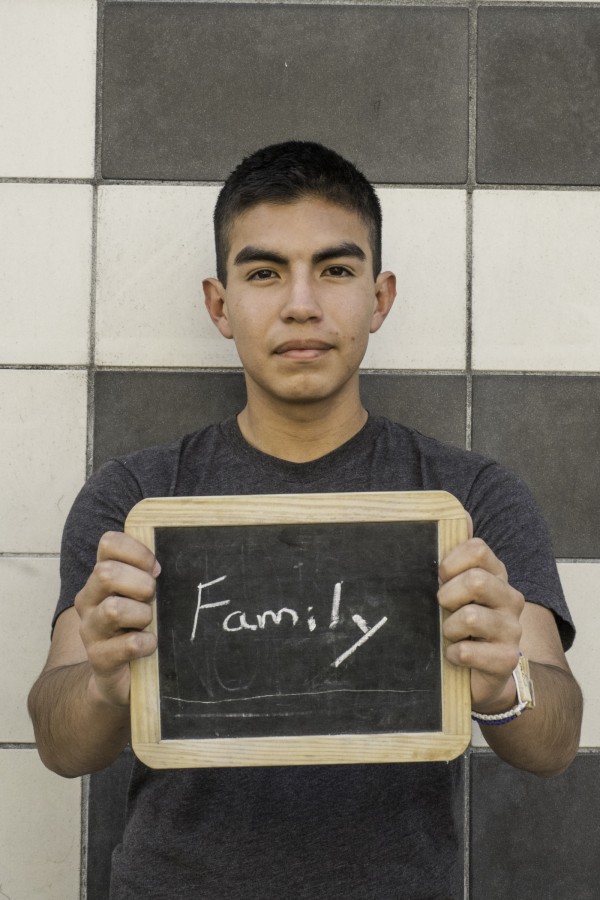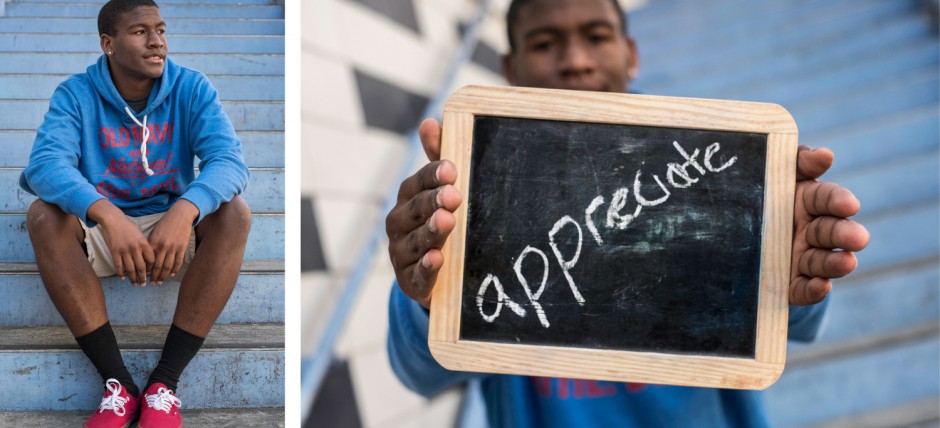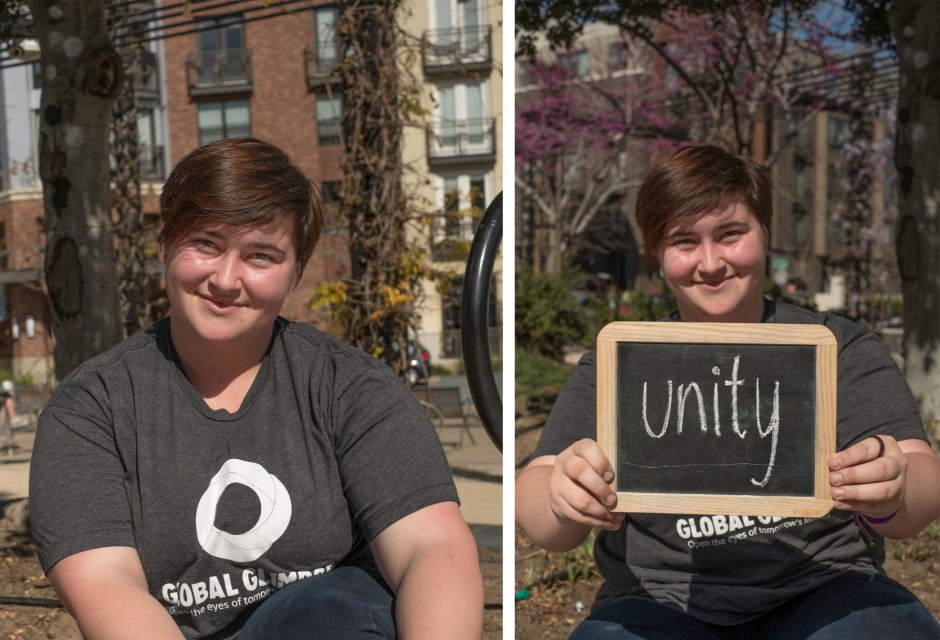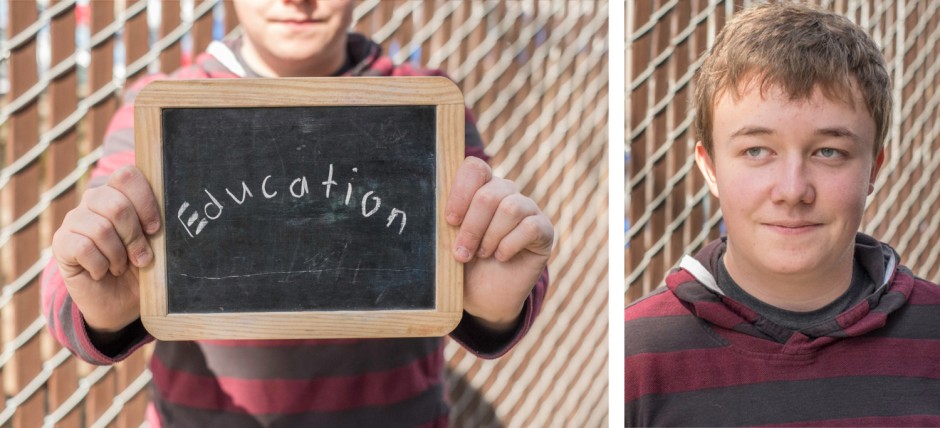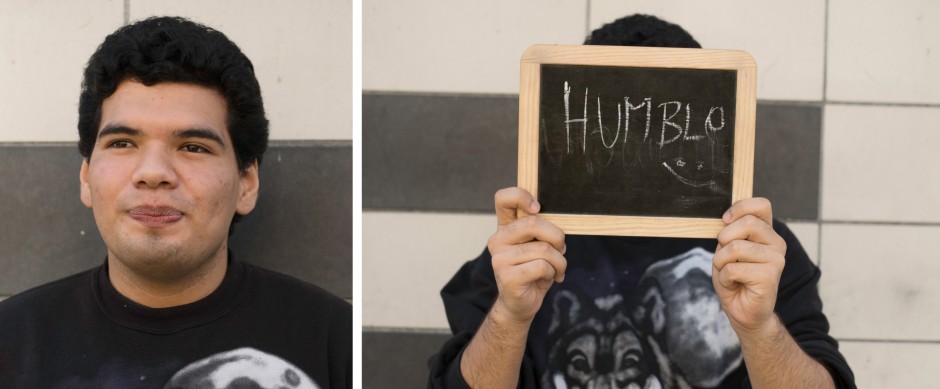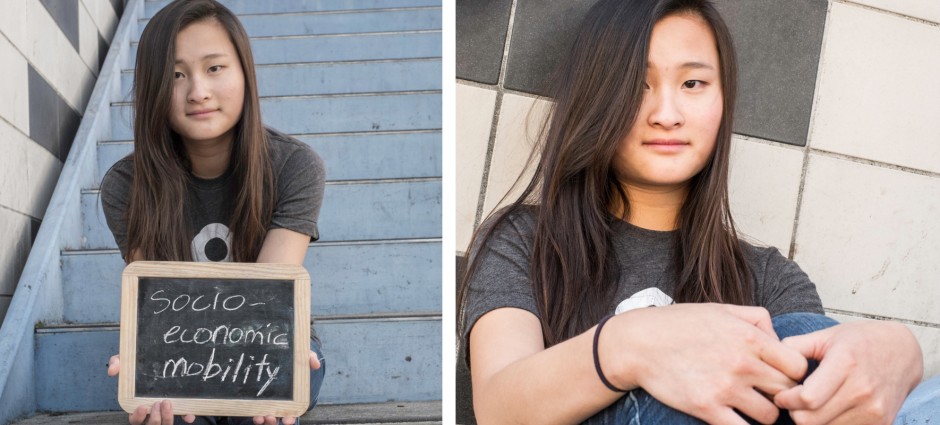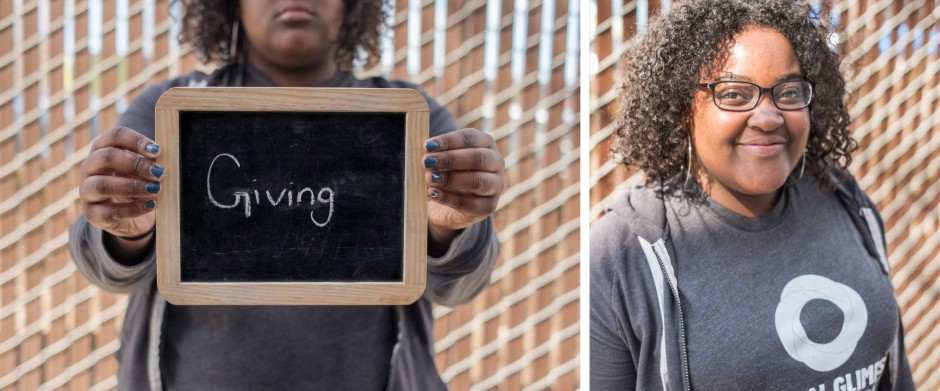I’VE BEEN AN EDUCATOR for over 10 years. I’ve worked with thousands of teenagers in classrooms, communities, and after-school programs. Being a tutor, coach, mentor, and teacher has been challenging, yet incredibly rewarding. One of the biggest lessons I’ve learned is that with all the talk about education reform, charter vs. public school, Common Core Standards, and curricula that best prepare our students to thrive in this world, we can’t forget to ask our students themselves what they believe they need to thrive — what their worlds look like.
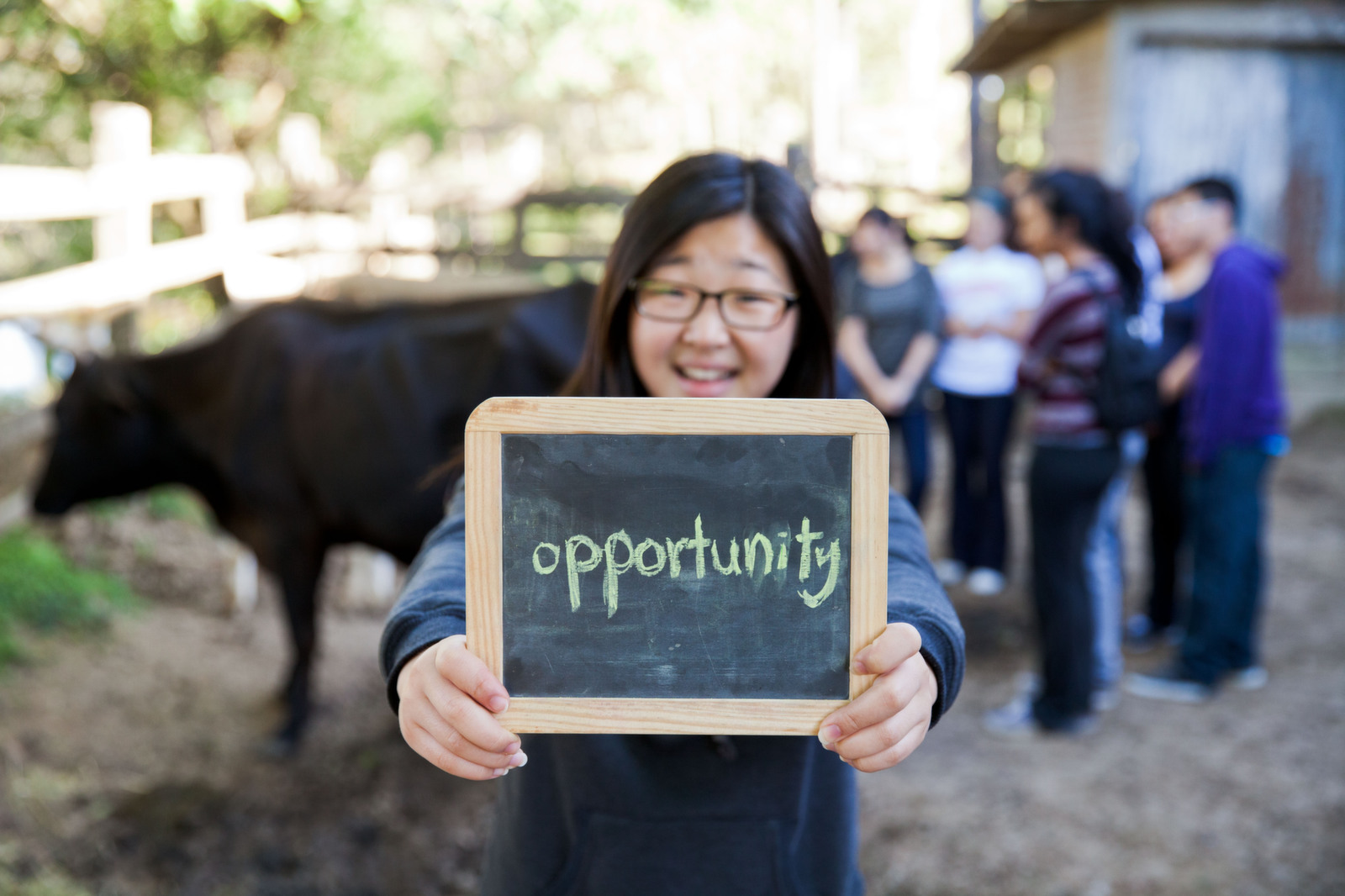

15 Things Youth Need to Thrive in America (and 1 Unexpected Way to Get There)
I am now working to build an amazing nonprofit organization called Global Glimpse that uses travel to teach high-school students from diverse socioeconomic backgrounds about the world. This spring I asked our alumni, who spent 3 weeks immersed in a developing country last summer, one simple question: “What do you believe you need to thrive in America?” Their answers are unexpected and beautiful.
What truly motivates and inspires me is that they learned what they need to thrive in America by traveling outside of this country.
1. FAMILY
“I left my mother and emigrated from Peru when I was 8 years old. Traveling to Nicaragua reconnected me to my struggle and reminded me why my mother sacrificed. My mom told me that money does not buy happiness. She says to make the most of your life, you have to experience what it is like living in both worlds, rich and poor, to realize the only thing that is valuable is your heart.”
2. DIVERSITY
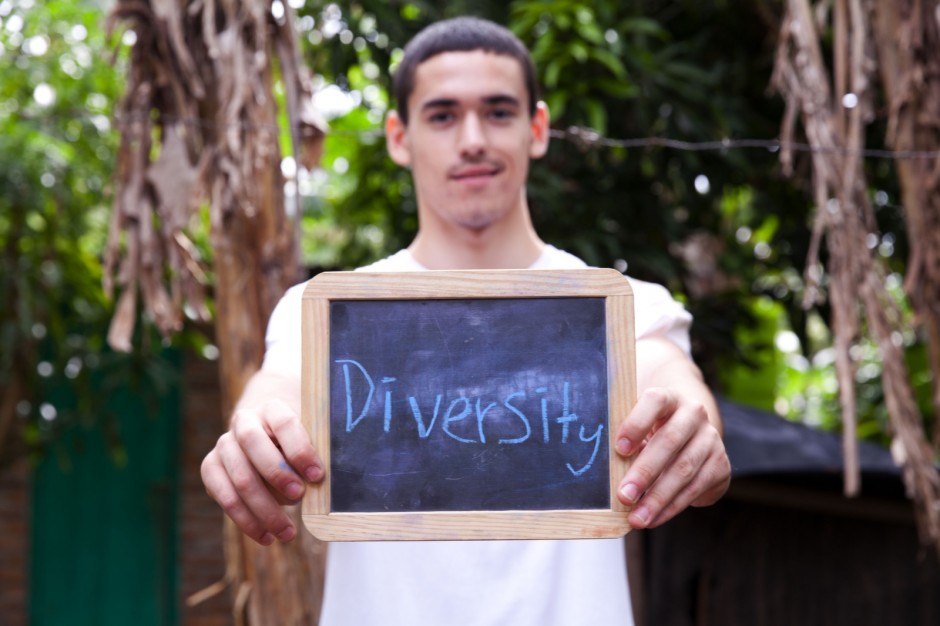
Photo: Jorge Novoa
This young man spent three weeks living and learning in another country with 20 other peers from different schools, neighborhoods, socioeconomic backgrounds, religions, and races. “I learned that being around different people is a crucial part of a person’s development. We need others to push us to look at ourselves and the world differently.”
3. APPRECIATION
“My most memorable moment from my Global Glimpse experience in the Dominican Republic was meeting a Dominican pastor who has spent his entire life supporting Haitian immigrants who are exploited in the bateyes (sugarcane plantations). This experience showed me how to appreciate the gifts I have been given and give to others.”
4. UNITY
“Alone we can do so little; together we can do so much. I experienced the power of unity when we worked together to deliver our service-learning project in partnership with a local elementary school and their teachers, students, and families.”
5. EDUCATION
“So many of us in the US take education for granted. I met an incredible mother in Nicaragua who said she had never been to a day of school in her life, and yet all she wanted for her son and daughter was education. I couldn’t believe how deeply someone who had never been educated believed education could make her children’s lives better.”
6. IMMERSION
“The only way to truly feel is to experience things firsthand. The simplest of memories remain present in your dreams, thoughts, and future decisions. The opportunity to be amazed is a rare one that should be cherished. Immersion is the most valuable form of education.”
7. HOPE
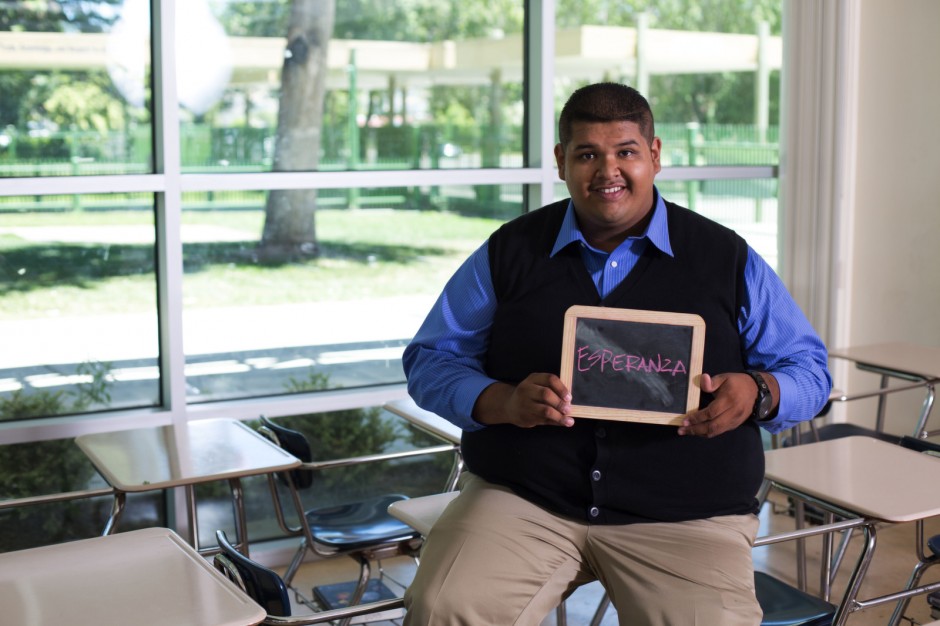
Photo: Jorge Novoa
“The people of Nicaragua showed me hope. I’ll be the first in my family to graduate from college this spring, and I’m the youngest person to have tried to run for San Jose City Council. I ran because I want to fight for what my city truly needs — community organization, crime prevention, education reform, and economic development. I will continue to have hope and continue to fight for others.”
8. LEADERSHIP
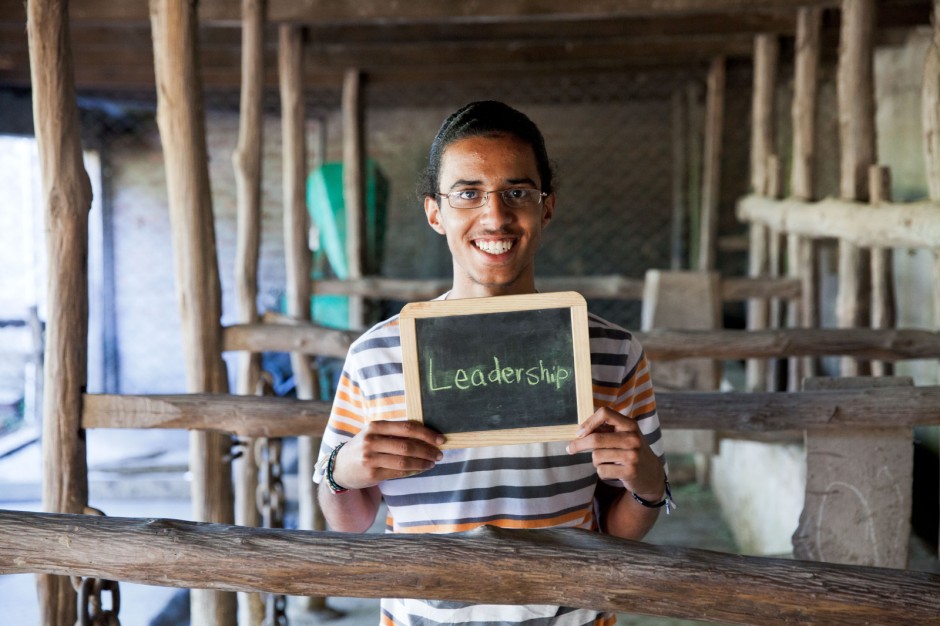
Photo: Jorge Novoa
“I learned that young people all over the world have a critical eye and a hopeful heart. We need that combination of critical eye and hopeful heart to bring change. That is the kind of leader I am going to be — that I am.”
9. HUMILITY
“In Nicaragua I learned that we need to be humble. If you do something for someone, do it out of love, not pity.”
10. CONNECTION
“What I mean by ‘connect’ is being able to understand and feel what others are feeling. To truly be an advocate for someone else, you need to walk in their shoes.”
11. COMMUNITY
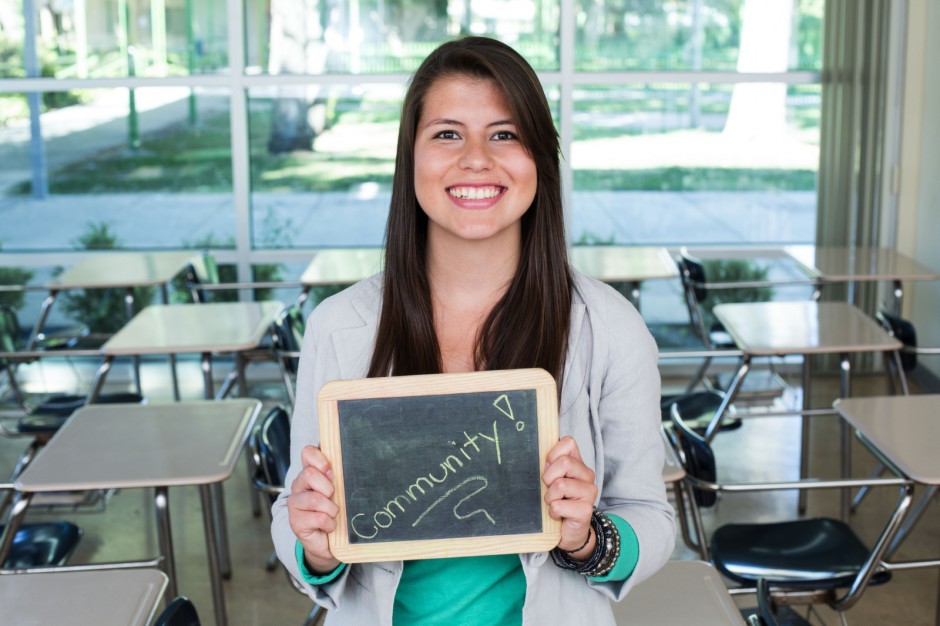
Photo: Jorge Novoa
“I experienced an incredible sense of community with the people in Nicaragua. People spent time outside of their homes with their families, friends, and neighbors. People supported each other. We need more of that in the US.”
12. OPPORTUNITY
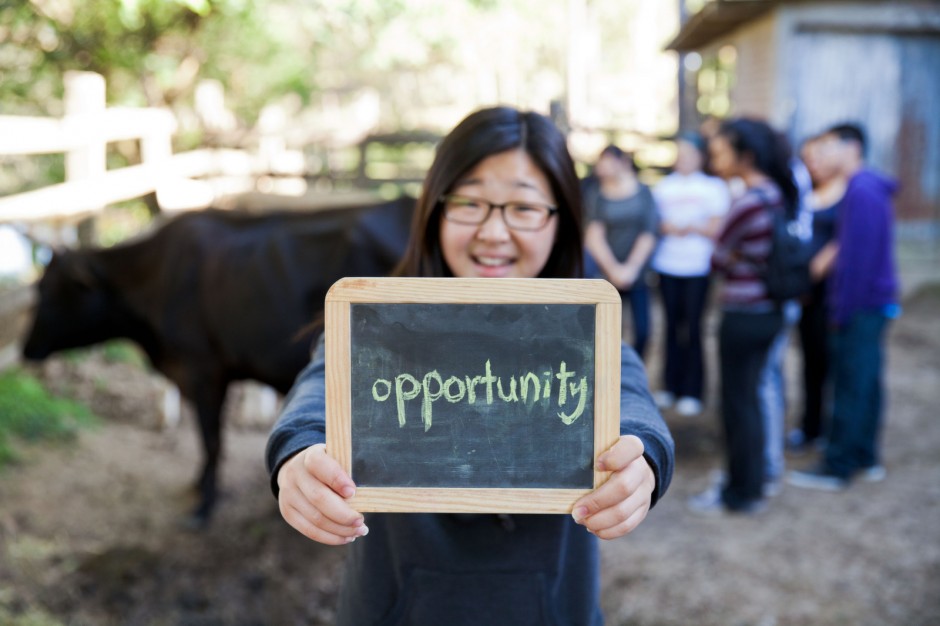
Photo: Jorge Novoa
Studies show that two-thirds of the achievement gap between lower- and higher-income youth can be explained by unequal access to summer learning opportunities. As a result, low-income youth are less likely to graduate from high school, enter college, and gain upward mobility in the global economy (Alexander et al., 2007).
13. AN OPEN MIND
“Because a scared mind gives us nothing, and an open mind gives us the world.”
14. SOCIOECONOMIC MOBILITY
A landmark new study led by a group at Harvard suggest that children growing up in America today are just as likely — no more, no less — to climb the economic ladder as children born more than half a century ago. If you are growing up poor today, you have the same odds of staying poor in adulthood as your grandparents did.
15. GIVING
“I learned that to truly thrive in America we must all rise together.”
About Global Glimpse
Global Glimpse works to inspire America’s next generation to become responsible and successful global citizens through after-school programming and transformative travel in the developing world. We currently partner with 45 public high schools in the Bay Area and New York to serve over 600 majority low-income students annually. Our school-based program develops global competence, civic engagement, youth leadership, and college readiness, inspiring and empowering youth to become agents of change in their local communities and in the greater global community. This year we provided over $1 million in travel scholarships for our low-income students.
Learn more and get involved at www.GlobalGlimpse.org.
